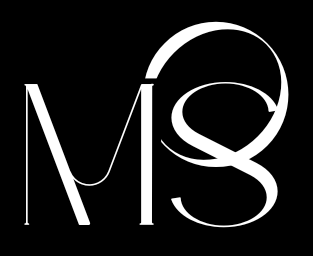Welcome to the modern workplace – a dynamic and fast-paced environment where technical skills and qualifications are no longer enough to thrive. In today’s competitive landscape, emotional intelligence (EI) has emerged as a critical factor for success, influencing everything from leadership effectiveness and team dynamics to employee engagement and organizational culture. In this post, we’ll delve into the transformative power of emotional intelligence in the workplace and explore strategies to harness its potential for personal and professional growth.
What is Emotional Intelligence?
Before we dive into its impact in the workplace, let’s first understand what emotional intelligence is all about. At its core, emotional intelligence is the ability to recognize, understand, and manage our own emotions, as well as the emotions of others. It encompasses skills such as self-awareness, self-regulation, empathy, and social skills – all of which play a crucial role in navigating interpersonal relationships and achieving success in both professional and personal domains.
The Impact of Emotional Intelligence in the Workplace
In the fast-paced and often high-pressure environment of the workplace, emotional intelligence can make all the difference between success and failure. Here are just a few ways in which EI influences workplace dynamics and outcomes:
1. Leadership Effectiveness
Leaders with high emotional intelligence are better equipped to inspire and motivate their teams, navigate conflict and adversity, and foster a culture of trust, collaboration, and innovation.
2. Communication and Collaboration
Employees with strong emotional intelligence are better communicators, listeners, and collaborators, leading to more effective teamwork, clearer communication, and stronger relationships within the organization.
3. Conflict Resolution
Emotional intelligence enables individuals to manage conflict constructively, navigate difficult conversations with empathy and respect, and find mutually beneficial solutions that satisfy all parties involved.
4. Decision Making
Emotionally intelligent individuals are better able to make sound decisions under pressure, weighing both rational and emotional factors and considering the potential impact on themselves and others.
5. Resilience and Well-being
Employees with high emotional intelligence are more resilient in the face of adversity, better able to cope with stress and setbacks, and maintain a positive outlook even in challenging circumstances.
Cultivating Emotional Intelligence in the Workplace
So, how can you cultivate emotional intelligence in the workplace and reap its benefits? Here are some strategies to help you get started:
1. Practice Self-Awareness
Take time to reflect on your own emotions, triggers, and patterns of behavior. Cultivate self-awareness through mindfulness practices, journaling, or seeking feedback from others.
2. Develop Self-Regulation
Learn to manage your emotions effectively by practicing self-regulation techniques such as deep breathing, meditation, or taking a break to calm down before responding to a challenging situation.
3. Cultivate Empathy
Put yourself in others’ shoes and strive to understand their perspectives, feelings, and experiences. Actively listen to others without judgment and validate their emotions.
4. Improve Social Skills
Strengthen your interpersonal skills by practicing active listening, effective communication, and conflict resolution techniques. Build rapport with colleagues and cultivate positive relationships.
5. Seek Continuous Growth
Commit to lifelong learning and personal development by seeking out opportunities to enhance your emotional intelligence through training, coaching, or self-study.
Conclusion: The Heartbeat of Success
In conclusion, emotional intelligence is the heartbeat of success in the modern workplace. By developing and honing your EI skills, you can enhance your leadership effectiveness, improve communication and collaboration, navigate conflict with grace, and cultivate a culture of resilience and well-being within your organization. So embrace the power of emotional intelligence, and let it guide you on a journey of personal and professional growth. After all, the most successful individuals are not just intelligent – they’re emotionally intelligent.





 No products in the cart.
No products in the cart.